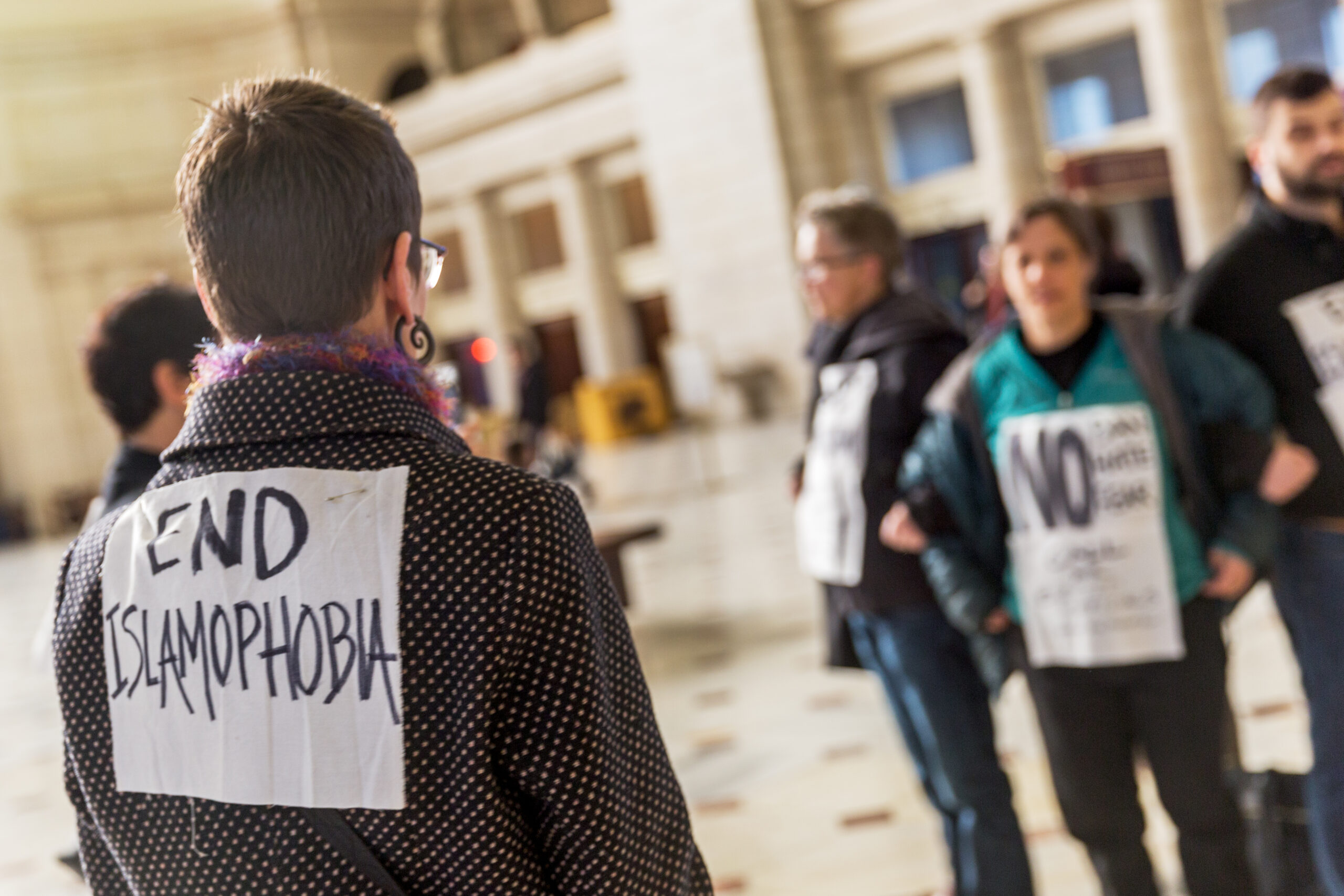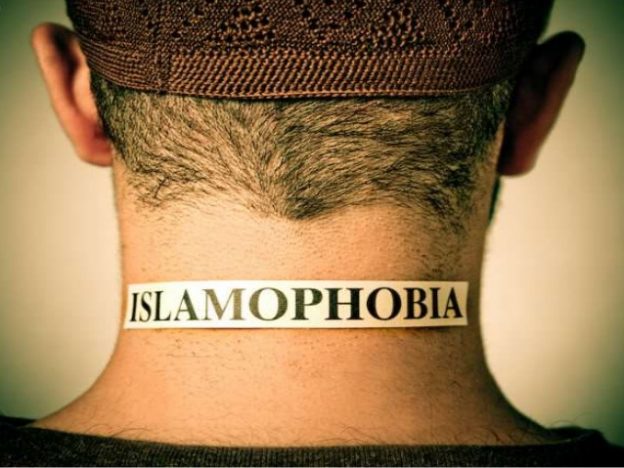
Credit: Lorie Shaull/Flickr CC BY
January 29th marks the anniversary of the attack on the Quebec City mosque that killed 6 men and wounded 19, as well as the National Day of Remembrance and Action Against Islamophobia.
ICLMG is committed to combatting Islamophobia as it is both a cause and a consequence of the racist foundations and applications of national security. To highlight this tragic event, we have put together this resource list against Islamophobia.
Despite many hateful incidents reported in the media in the last year, and the obviously Islamophobic character of the January 29, 2017 massacre, many people seem to think that Islamophobia is not real, and that the word was created recently to stifle free speech and criticism of Islam.
We know that this is not the case and that this belief is an attempt to divert attention from the very real Islamophobic attacks on Muslims. Others might be aware that Islamophobia is real, alive and kicking but be unsure how to combat it. Here is a (non-exhaustive) list of resources that may help you better understand and/or show others what Islamophobia is, and how to fight it. Feel free to use and share them widely!
BRIEFS FOR THE NATIONAL ACTION SUMMIT ON ISLAMOPHOBIA
National Security and Islamophobia in Canada, written by ICLMG, July 20, 2021
Islamophobia in Canada, co-prepared by ICLMG’s Tim McSorley and Azeezah Kanji from the Noor Cultural Centre, July 22, 2021
“ISLAM AWARENESS” WEBSITE
Online at www.islamawareness.ca. A series of excellent courses for educators, schools and other learning environments, along with other important resources including toolkits, videos and infographics, from the Muslim Association of Canada.
ICLMG JUNE 2021 REPORT ON CRA’S PREJUDICED AUDITS
The CRA’s Prejudiced Audits: Counter-Terrorism and the Targeting of Muslim Charities in Canada + Take action!
“ISLAMOPHOBIA IS…” 2021 WEBSITE
5 excellent short videos explaining the several facets of Islamophobia
Extensive list of resources to fight Islamophobia Continue reading



